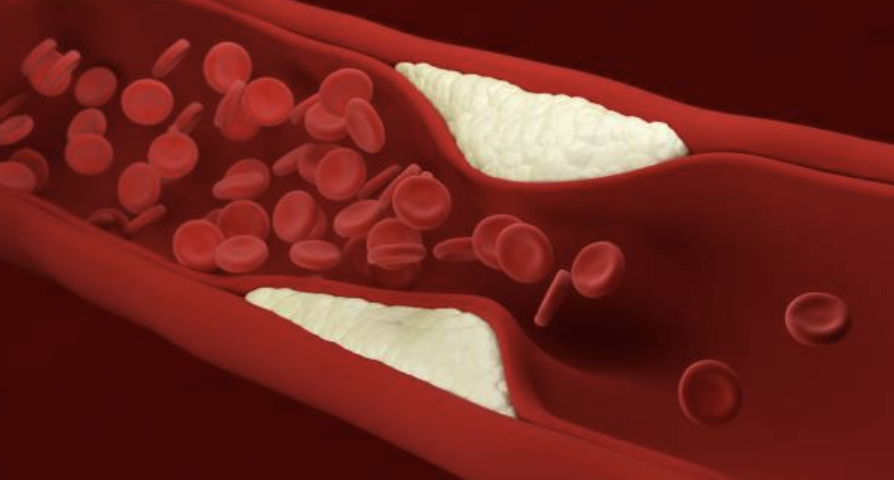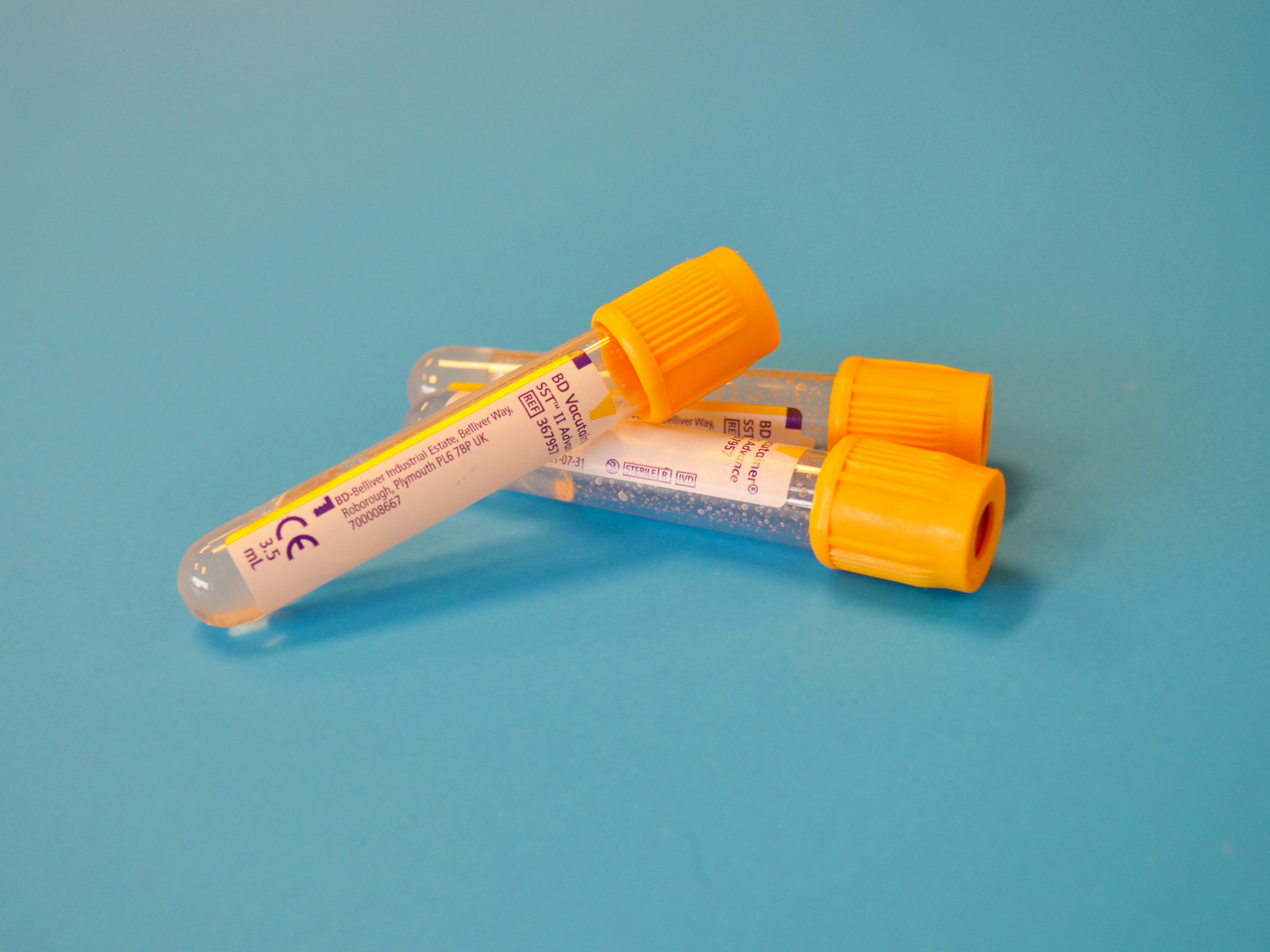This is a very common question I get in clinic and the answer is different for everyone. There are some benefits to intermittent fasting but also some draw backs. The decision to regularly fast and the length of the fast depends on your age, sex, and goals.
Benefits and Drawbacks
Fasting can be a great way to reduce caloric consumption and can be used as a weight loss tool. If there are less opportunities to eat, individuals will usually eat less. But this isn’t always true and anyone who tends to fall into patterns of restricting and binging tend to not do well on a fasting diet.
The other issue with restricting is that we want to make sure that you are still getting enough protein, fibre, fruits, and vegetables. If you are fasting, it can be very difficult to meet these goals. If you are not consuming enough protein, muscle synthesis will decrease and often those who fast will have a decrease in muscle mass.
Fasting can also impact stress hormones, increasing the amount of cortisol in the body as well as sex hormones, which can impact the menstrual cycle. The amount of carbohydrates needed increases during the luteal phase of the cycle and intermittent fasting may make period cramps and PMS symptoms worse if not getting enough calories and carbohydrates during this time in the cycle.
There is compelling research that suggests prolonged fasts (greater than 48 hours) may have the ability to increase longevity and decrease risk of cancers and chronic disease.
So where does this leave us?
Like anything in the nutrition world, we must look at your individual case and what makes sense for you. I have some patients who have benefited greatly from fasting and regularly fast for 48 hours and they feel fantastic. I also have some patients who I’ve taken off intermittent fasting diets and they feel much better.

What I usually recommend for patients if interested in fasting is to eat following their circadian rhythm. This generally means to only eat during the day and not in evenings. This way, you still have a cut off time for your meals, you create more regularity in your eating schedule, you eat during the time you are using the most energy and you can maintain energy throughout the day. If you want to think of it in fasting terms, this would be a 12-14 hour fast, depending on your schedule.
For example, if you get up each morning at 6:30am and go to bed at 10:30pm, your ‘eating window’ could look something like this.
- Water – upon waking
- Breakfast and coffee – between 7:00am – 9:00am
- Lunch – 12:00pm-1:00pm
- Snack- 3:00pm
- Dinner- between 5:30-7:00pm
With this schedule, you are not eating too close to bedtime and not snacking in the evening. Two recent randomized trials found that having food intake toward the end of the day rather than the start, increases appetite and may reduce energy expenditure. Therefore, this is important if one of your goals is weight loss. The first meal of the day should be protein rich as studies show that having moderate amounts of protein in the morning help build muscle & prevent catabolism. A high protein breakfast and lunch is important if trying to manage hunger throughout the day.
Once you are consistently eating following your circadian rhythm, we can adjust and try smaller eating windows if this is something you’re interested in, but there is no need to jump right into a prolonged fast.
Are you confused as to what style of eating is best for you? Are you looking to implement dietary changes to better your health? Let’s Chat!










